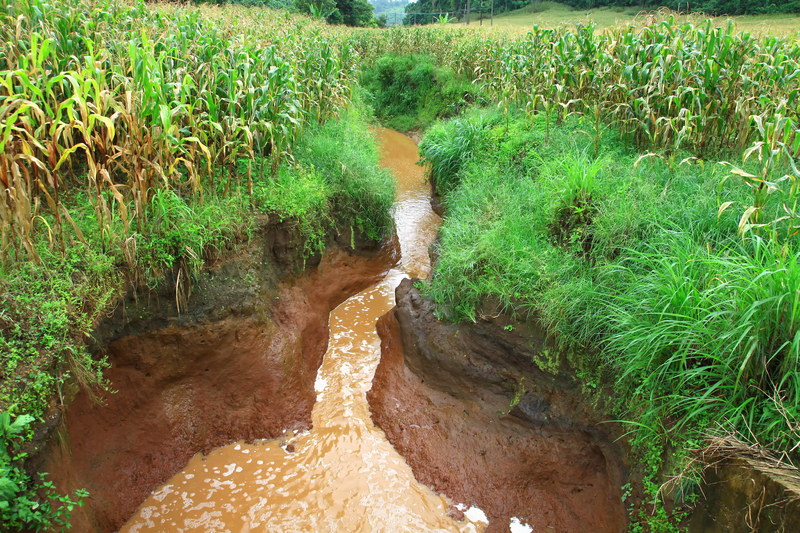Starting out the day with two bad news stories isn’t usually my MO. But the news regarding our push as a nation to become more “Green” isn’t turning out the way many planned. A new AP story, The Secret, Dirty Cost of Obama’s Green Power Push, amplifies some of the unintended consequences of our greening efforts and, in particular, the use of corn ethanol. This isn’t just this President’s problem, as the story points out.
With the Iowa political caucuses on the horizon in 2007, presidential candidate Barack Obama made homegrown corn a centerpiece of his plan to slow global warming. And when President George W. Bush signed a law that year requiring oil companies to add billions of gallons of ethanol to their gasoline each year, Bush predicted it would make the country “stronger, cleaner and more secure.”
But the ethanol era has proven far more damaging to the environment than politicians promised and much worse than the government admits today. As farmers rushed to find new places to plant corn, they wiped out millions of acres of conservation land, destroyed habitat and polluted water supplies, an Associated Press investigation found. Five million acres of land set aside for conservation – more than Yellowstone, Everglades and Yosemite National Parks combined – have vanished on Obama’s watch.
Landowners filled in wetlands. They plowed into pristine prairies, releasing carbon dioxide that had been locked in the soil. Sprayers pumped out billions of pounds of fertilizer, some of which seeped into drinking water, contaminated rivers and worsened the huge dead zone in the Gulf of Mexico where marine life can’t survive.
Environmental groups, like the Environmental Working Group, are beginning to sound the alarm on the environmental trade-offs of ethanol and other renewables, such as wind.
In some cases, such as its decision to allow wind farms to kill eagles, the administration accepts environmental costs because they pale in comparison to the havoc it believes global warming could ultimately cause.
Ethanol is different.
The government’s predictions of the benefits have proven so inaccurate that independent scientists question whether it will ever achieve its central environmental goal: reducing greenhouse gases. That makes the hidden costs even more significant.
“This is an ecological disaster,” said Craig Cox with the Environmental Working Group, a natural ally of the president that, like others, now finds itself at odds with the White House.
But it’s a cost the administration is willing to accept. It believes supporting corn ethanol is the best way to encourage the development of biofuels that will someday be cleaner and greener than today’s. Pulling the plug on corn ethanol, officials fear, might mean killing any hope of these next-generation fuels.
And the agricultural policy-makers have been struck by the rapid and inadvertent environmental impacts.
“It just caught us completely off guard,” said Doug Davenport, a Department of Agriculture official who encourages southern Iowa farmers to use conservation practices on their land. Despite those efforts, Davenport said he was surprised at how much fragile, erodible land was turned into corn fields.
Time for some soul-searching on whether these trade-offs are worth the push to wean our economy from carbon energy sources, or seriously consider the panoply of other renewables, such as nuclear, where the environmental trade-offs and risks are much better understood. These decisions cannot and must not be made in a vacuum or with green blinders on.

